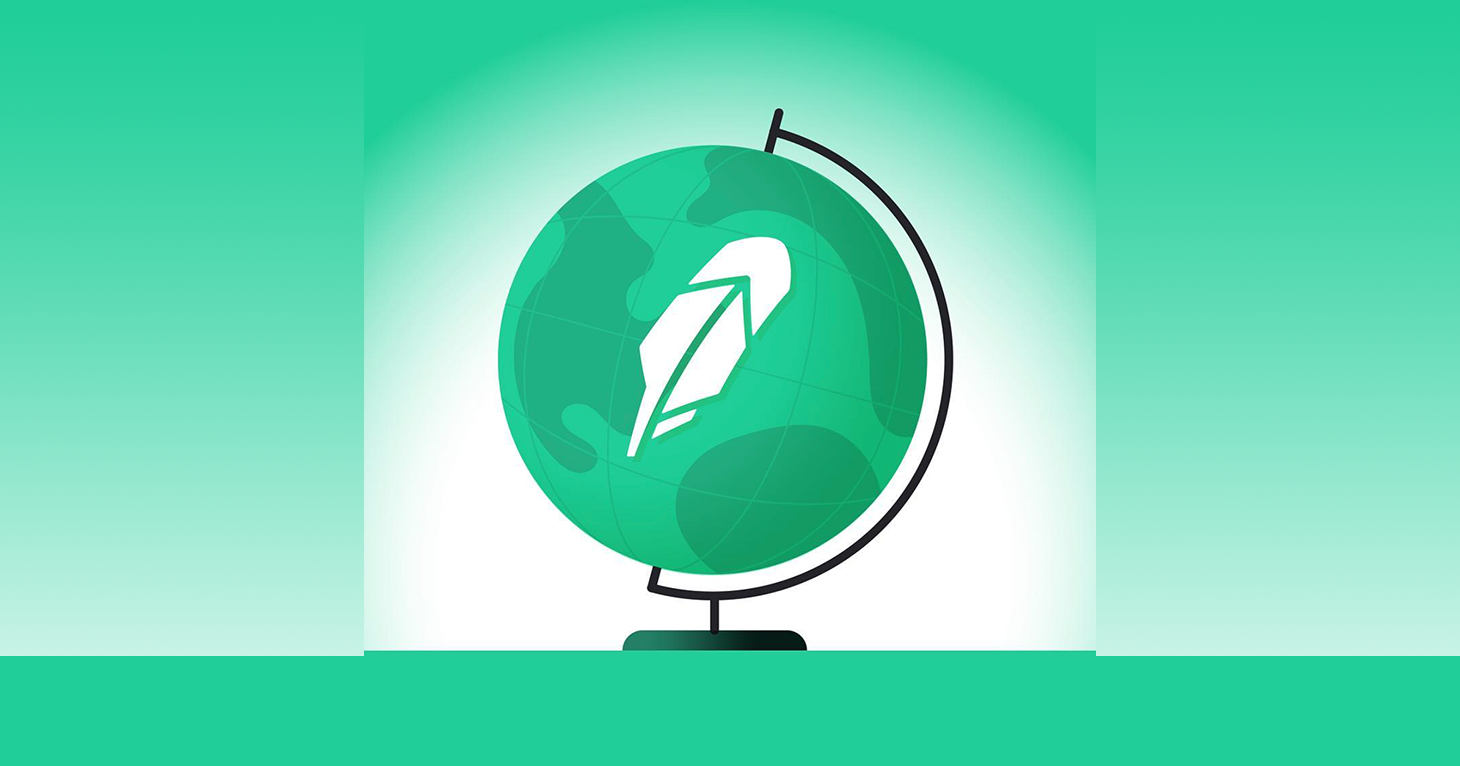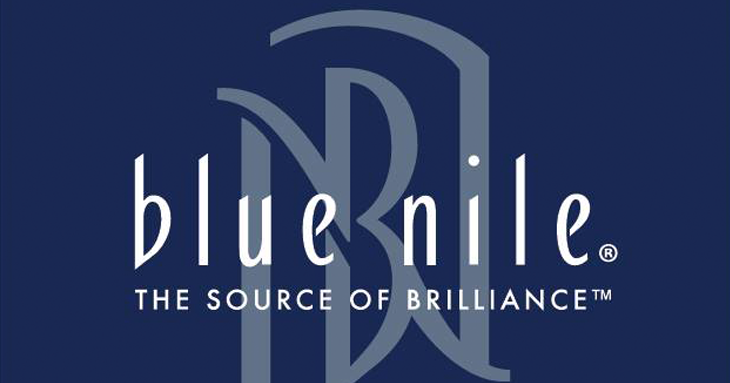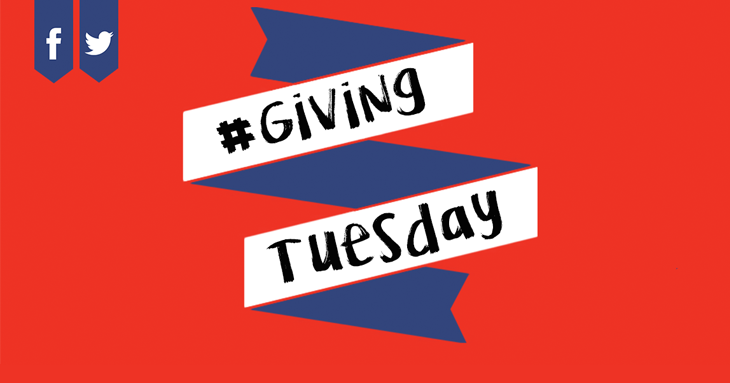
HP’s ‘Instant Ink’ Subscription Makes Me Wish I Could Print Money
The computer giant’s promises to “print free for life” have run dry.
The misleading advertising of democratizing finance.
| Isaiah Keyes
Who had “Reddit destroys several hedge funds” on their 2021 bingo card?
I certainly didn’t, despite dabbling in small-time stock trading (sorry, friends and family – I put my money in Dogecoin, not Bitcoin, back in 2011. Whoops!)
Due to internet shenanigans, GameStop, a brick-and-mortar video game retailer that has struggled in recent years as digital copies of video games outsell physical ones, has seen its stock value grow by leaps over the last few weeks. At the beginning of January, GME traded for less than $20; at the time of writing, it sells for more than $320 — a gain of 1500 percent.
So, what happened?
Here’s a quick, admittedly simplified rundown of the GameStop situation. Most stock traders try to buy or sell individual stocks in the way described by Schoolhouse Rock: buy low, sell high, get your piece of the pie. That is, traders aim to buy inexpensive shares in companies they think will grow, hold onto the shares until the stock price goes up, and then sell their shares for a profit.
But that’s not the only way to trade. Some traders will purchase options, which are essentially contracts that give the buyer the right — but not the obligation — to buy or sell stock in a specific future time frame at a set price, as opposed to whatever that stock’s trading price is on that future date.
Through options, traders can bet on whether a stock’s price will rise or fall, as opposed to buying a stock and hoping it will grow. These are potentially much riskier than just buying the shares outright since the parties participating can lose or gain much more than their initial investments.
In the case of GameStop, several hedge funds have been betting that the company’s stock value was going to fall. After making these bets, Andrew Left, author and editor of Citron Research, an investment newsletter that has built its name on short-selling stocks for massive gains, faced opposition from a Reddit community of some 8 million people dedicated to post-ironic investment memes called Wall Street Bets.
These Redditors purchased huge amounts of GameStop stock and call options, driving the price skyward. GameStop’s insane surge devastated the hedge funds that had bet it would crash, causing the funds to prematurely abandon their options at a loss. The estimated loss for short positions on GameStop in January was almost $20 billion.
So what does this have to do with dishonest advertising?
It all comes down to the brokerage companies used by retail traders, like those who drove up the price of GameStop. (And yours truly. I do not own any of the stocks mentioned in this article.)
These brokers have gained popularity in recent years as they attempt, in the words of the pioneering retail trading app Robinhood’s mission and Twitter bio, to “democratize finance for all” with low commission fees.
This is the allure and advertised ethos behind low- or no-commission trading, and Robinhood uses it extensively in its marketing. In ads, the company describes its clientele as “a new kind of investor” or says that “we are all investors.” In one now-infamous 2016 tweet that has aged like a fine milk, Robinhood proclaimed “Let the people trade.”
But in response to the rise of GameStop and other meme stocks, Robinhood has prevented retail traders from making the trades they want, barring them from buying publicly-traded stocks like GameStop, theater chain AMC, or Bed Bath & Beyond.
Importantly, the company still allows traders to sell the stocks, just not buy them in large quantities, meaning the price is more likely to fall and the hedge funds involved will lose less money.
Robinhood (and other brokers) has stated that this is for investors’ and the company’s own good, as buying such an inflated stock imposes a serious risk for investors. Which is true, especially since retail investors tend not to have the deep pockets of a hedge fund that can weather major losses.
But is this really “financial democratization”? What could be more democratic than dealing with the consequences of your own decisions? In a real democracy, the will of the people — in this case, the will of large numbers of retail traders — dictates the direction of the country (here, the market), for better or for worse.
And, by the by, another central tenet of democracy: the rules of the system can’t be changed willy-nilly. People who believe they have a particular right — in this case, trading stocks for free whenever they feel like it, although Robinhood’s Customer Agreement stipulates in fine print it can remove that right — don’t take kindly to it being stripped away.
What’s next?
The brokerage apps may be investigated for changing the rules on investors without notice. Progressives are calling for tougher regulations on market manipulation, while voices from both the left and right publicly support investigations into Robinhood, as evidenced by Rep. Alexandria Ocasio-Cortez and Sen. Ted Cruz actually agreeing on something. The SEC announced on Friday it was going to look into the situation.
A class-action lawsuit has already been filed against Robinhood for “knowingly removing” GME from its trading platform as the price skyrocketed, a move that allegedly “deprived retail investors of the ability to invest in the open-market and [manipulated] the stock market.”
This isn’t Robinhood’s first controversy. In the past, it has been accused of making trading more like gambling by celebrating risky moves by its users. The app also has a very low bar to entry for complex options trading, meaning users are more likely to make complicated deals they might not fully understand that lose them vast sums of money.
And this past December, the SEC charged Robinhood for misleading consumers for years about how it made money. The company neglected to mention that its most significant funding came through glorified referral fees for sending customer orders through third-party trading firms. The SEC found that this practice made Robinhood trade prices inferior to those through other brokers, going directly against the company’s major “commission-free” selling point.
It is worth noting that one of Robinhood’s first responses to the situation was raising the requirements for options trading, as it announced in a blog post on Thursday.
Time will tell the future for Robinhood and other low-commission brokerage apps; it’s messy, and it’s probably going to get messier. In the meantime, brokerage apps may want to reevaluate their advertising and determine just how “democratic” they want to really be.
The computer giant’s promises to “print free for life” have run dry.
An unfortunate engagement with the online jeweler.
We strive to keep ads honest for consumers and businesses alike.


